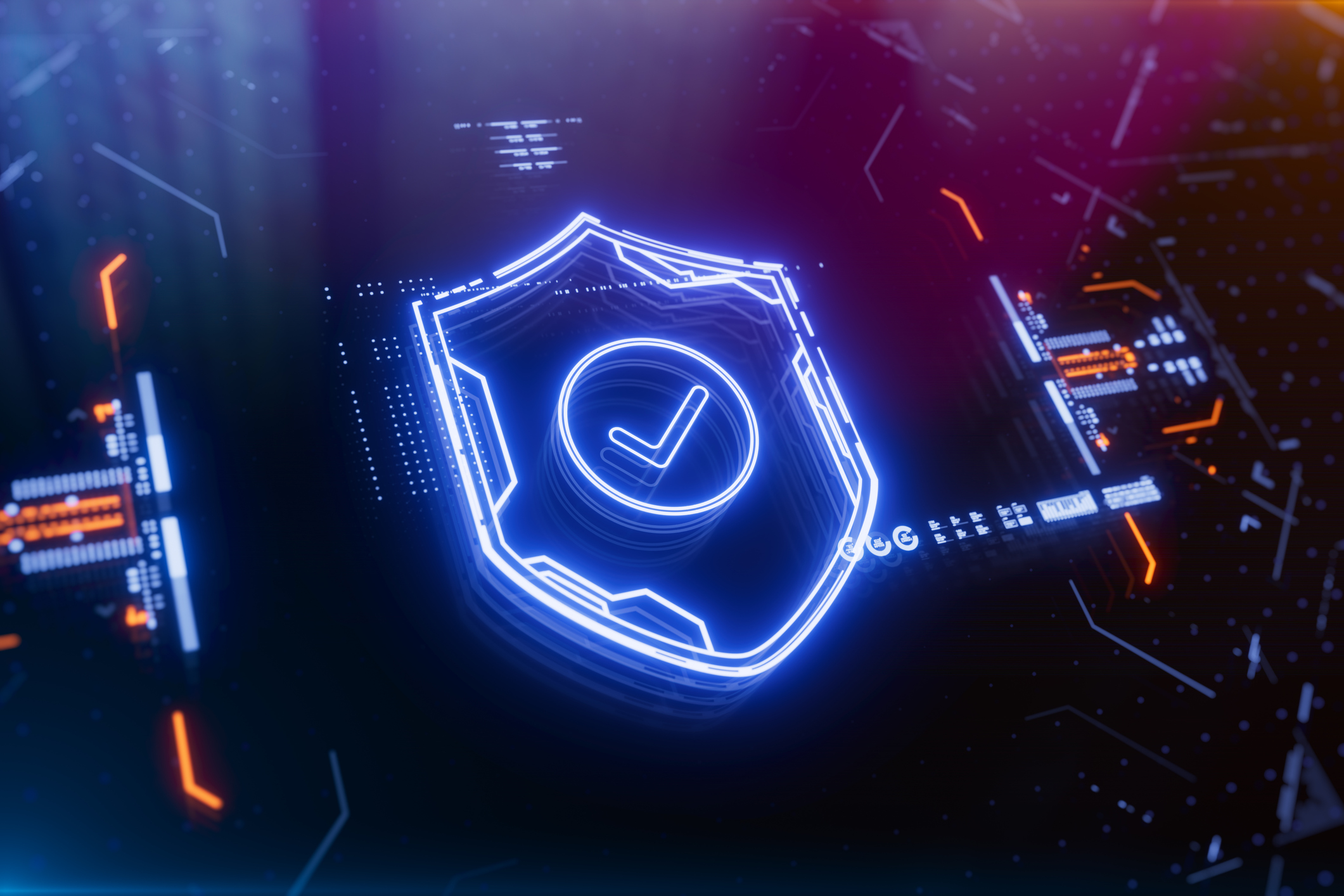Phishing remains the single most persistent attack vector in cybersecurity. Despite two decades of progress in technical defenses, attackers continue to bypass firewalls, endpoint protections, and advanced monitoring tools by exploiting the one constant across every organization: people.
Recent research, including Verizon’s Data Breach Investigations Report, shows that roughly 60% of breaches involve human factors such as clicking a malicious link or opening an infected attachment. Add to this another 20% to 30% linked to credential reuse, and the picture becomes clear: the vast majority of intrusions succeed because of human behavior, not because of unpatched software alone.
The Human Element at the Core of Cyber Risk
Phishing is no longer confined to crude “Nigerian prince” scams. Threat actors today are highly skilled at exploiting trust, urgency, and authority. Especially with the advent of AI, their lures are hyper-personalized, drawing on data scraped from social media, corporate directories, or past breaches. They extend far beyond email, with SMS-based smishing and phone-based vishing becoming increasingly common. Attackers also time campaigns to coincide with global events, financial anxieties, or even corporate announcements, amplifying the chances of success.
At the higher end of the spectrum, Business Email Compromise (BEC) attacks now use detailed impersonation of executives, vendors, or partners. These schemes often bypass technical controls because they appear entirely legitimate until the financial loss is already complete.
Industry-Specific Exposure
Attackers adjust their tactics depending on the industry. In healthcare and education, the combination of diverse users and high-pressure environments makes organizations particularly prone to mistakes. In finance and professional services, attackers mimic legitimate client requests to trigger unauthorized fund transfers. In critical infrastructure and manufacturing, phishing campaigns are tailored to disrupt operations or steal valuable intellectual property.
No sector is immune, but industries with high-value data or complex supply chains present especially tempting targets.
Building a Human-Centric Defense
Addressing human risk does not mean blaming employees. Instead, it requires creating conditions that make secure behavior easier and second nature. Organizations can build resilience through:
- Security awareness training that is frequent, relevant, and interactive. Outdated annual training must be replaced by micro-learning, simulations, and role-specific content that evolves alongside threat tactics.
- Phishing simulations that provide real-world practice. These tests should be designed as educational opportunities, giving immediate feedback rather than punishing mistakes.
- Encouraging reporting by building a culture where employees feel comfortable flagging suspicious emails or messages without fear of retribution. Every reported phishing attempt is one less chance for attackers to succeed.
- Layered technical defenses including AI-driven email security, multifactor authentication, zero trust architectures, password managers, and web filtering. While people remain the target, these technologies act as critical safeguards when mistakes happen.
- Visible leadership support where executives not only mandate security initiatives but also model good behavior and reinforce that cybersecurity is a business priority, not just an IT concern.
From Weakness to Strength
A strong security culture depends on both people and technology working together, and that is where Netizen can help. Our team specializes in building environments where employees are supported by clear policies, meaningful training, and advanced monitoring solutions that reduce the chances of human mistakes becoming costly breaches.
From our 24x7x365 Security Operations Center to services like CISO-as-a-Service, penetration testing, and compliance support, Netizen provides organizations with the tools, expertise, and guidance to make people part of the defense, not the weakness. For agencies and businesses in highly regulated industries, we bring proven experience in strengthening resilience and aligning with frameworks that emphasize human factors as much as technical safeguards.
Your employees are already your first line of defense, Netizen helps ensure they are also your strongest. Start the conversation with us today and see how we can help turn your human error into human defense.



